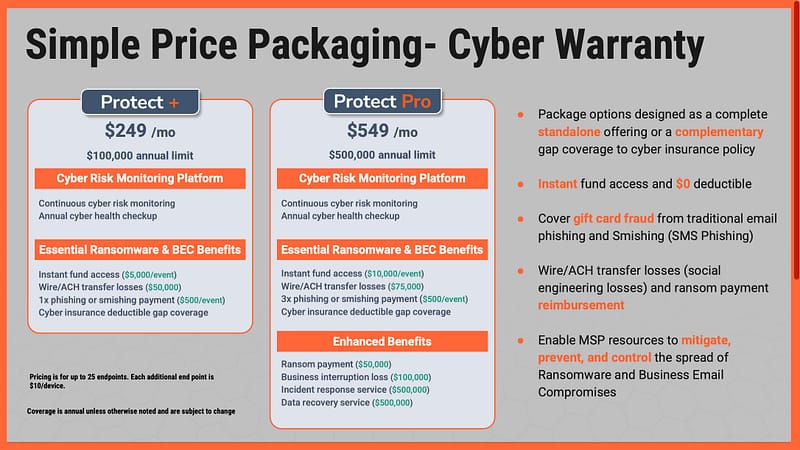In considering Cloud Computing, keep in mind that there is no “perfect” solution. All options – be it an in-house, on-premise server or cloud solution – have upsides and downsides that need to be evaluated on a case-by-case scenario.
Keep in mind the best option for you may be a hybrid solution where some of your applications are hosted on the cloud and some are maintained in an in-house server.
Pros of Cloud Computing
Lowered IT Costs
Access Anywhere
Automated Disaster Recovery
The server in your office is extremely vulnerable to a number of threats, including viruses, human error, hardware failure, software corruption and, of course, physical damage due to a fire, flood or other natural disaster. If your server were in the cloud and (God forbid) your office was reduced to a pile of rubble, you could purchase a new laptop and be back up and running within the same day. This would NOT be the case if you had a traditional network and were using tape drives, CDs, USB drives or other physical storage devices to back up your system.
Plus, like a public utility, cloud platforms are far more robust and secure than your average business network because they can utilize economies of scale to invest heavily into security, redundancy and failover systems, making them far less likely to go down.
It’s faster, cheaper and easier to set up new employees.
If you have a seasonal workforce or a lot of turnover, cloud computing will not only lower your costs of setting up new accounts, but it will make it infinitely faster.
You use it without having to “own” it.
It’s a “greener” technology that will save on power and your electric bill.
Cons of Cloud Computing
The internet going down
Data security
Certain line-of-business applications won’t work in the cloud
Business agility is the ability to meet customer demand by rapidly adapting goods and services. This includes activating applications in the cloud to increase agility. However, there are applications that won’t be in the cloud either by design or by policy of the management.
Compliance Issues
There are a number of laws and regulations, such as Gramm-Leach-Bliley, Sarbanes-Oxley and HIPAA, that require companies to control and protect their data and certify that they have knowledge and control over who can access the data, who sees it and how and where it is stored. In a public cloud environment, this can be a problem. Many cloud providers won’t tell you specifically where your data is stored.
Most cloud providers have SAS 70 certifications, which require them to be able to describe exactly what is happening in their environment, how and where the data comes in, what the provider does with it and what controls are in place over the access to and processing of the data; but as the business owner, it’s YOUR neck on the line if the data is compromised, so it’s important that you ask for some type of validation that they are meeting the various compliance regulations on an ongoing basis.















